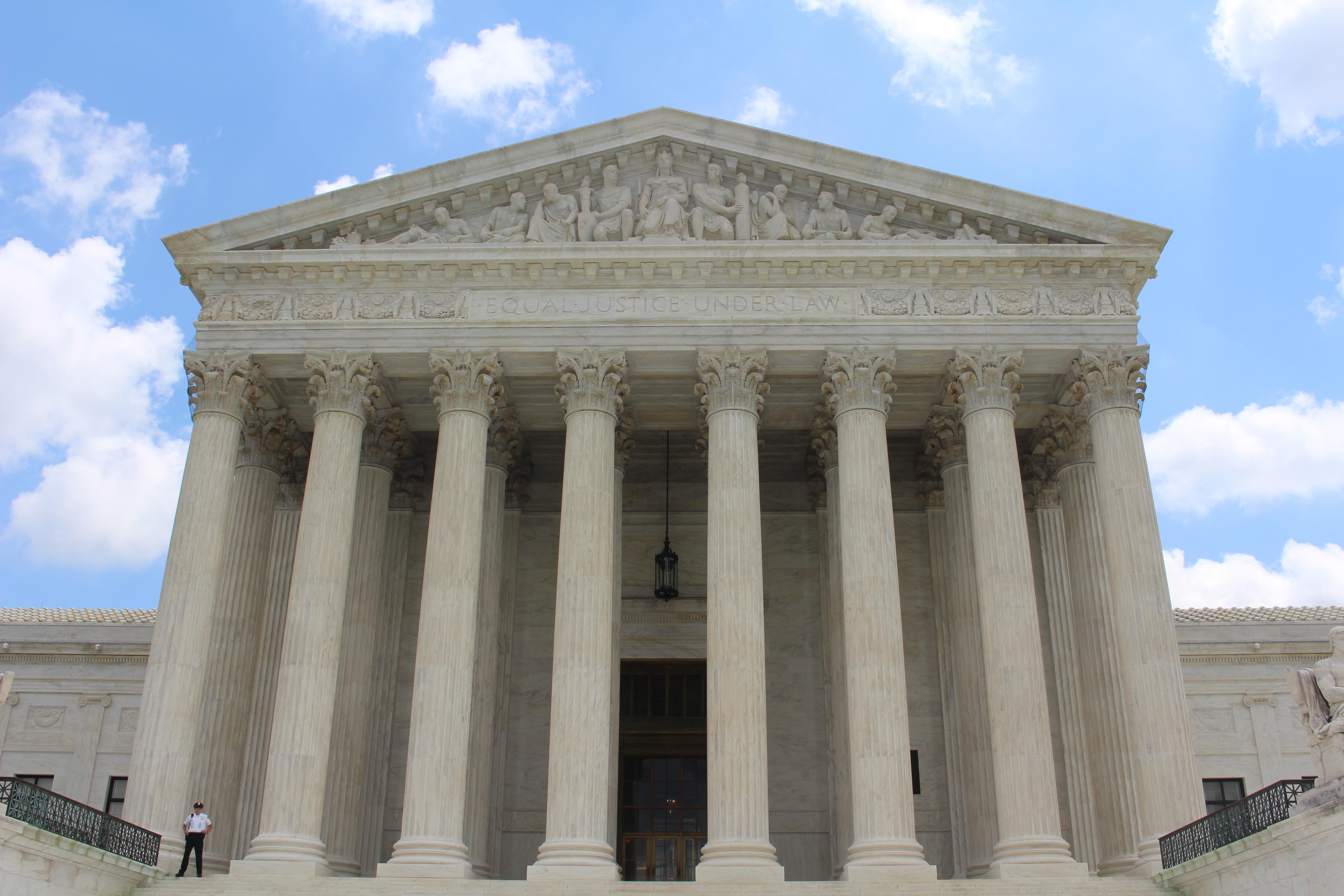
02 Feb Alaska Supreme & Appellate Court Headnotes From 1.27.2017
Featured Case: Criminal Law | Child Support | Excessive Punishment
KEVIN PATRICK MAGUIRE, APPELLANT, V. STATE OF ALASKA, APPELLEE. Alaska Court of Appeals
Five year probation sentence for failure to meet child-support obligations was not excessive, despite defendant’s age or lack of criminal history.
Criminal law | Child support | Excessive punishment
Alaska Supreme Court Headnotes
CHARLES E. BURNETT, APPELLANT, V. GOVERNMENT EMPLOYEES INSURANCE COMPANY, APPELLEE.
A liability insurer does not enjoy automatic immunity from tort liability merely because the claimant is a third party and not the insured. An insurer’s actions during claims handling can create a new and independent duty to a third party claimant.
Civil law | Insurance | Insurer’s duty to third-party claimant | Implied duty of good faith and fair dealing
JAMES M. STUDLEY, APPELLANT, V. ALASKA PUBLIC OFFICES COMMISSION, APPELLEE.
Candidate’s exemption from financial disclosure requirements must be supported by actual and specific facts, not hypotheticals.
Election law | Financial disclosure requirements | Release of confidential information | Privacy rights
JAMES M. STUDLEY, APPELLANT, V. ALASKA PUBLIC OFFICES COMMISSION, APPELLEE.
Parties to a real estate transaction do not automatically enjoy a blanket right to privacy since their information is commonly disclosed to third parties during a real estate transaction. Additionally, a real estate broker duty to keep his client’s information private does not override financial disclosure requirement election laws, unless an exemption is properly requested and granted.
Real estate law | Privacy rights | Real estate client’s right to privacy | Real estate broker’s duty of client confidentiality
Alaska Courts of Appeals Headnotes
STEVEN WARREN STINER, APPELLANT, V. STATE OF ALASKA, APPELLEE.
Individual released on bail not subject to double jeopardy when subsequent arrest based on firearm possession results in two separate charges for firearm possession by a felon and violation of bail release conditions. There was also a societal interest in maintaining two separate convictions for the two separate charges.
Criminal law | Possession of a firearm | Bail conditions | Double jeopardy
STATE OF ALASKA, APPELLANT, V. JOHNNY B. JOHNSON, APPELLEE.
An individual’s institutional punishment received while incarcerated does not preclude the individual from also being formally charged criminally for the same conduct.
Criminal law | Assault | Prison discipline | Double jeopardy
NICHOLAS FORSYTHE, APPELLANT, V. STATE OF ALASKA, APPELLEE.
Alaska Railroad special agent was not to be considered a private security guard and instead could be considered a qualified as a peace officer within the meaning of relevant criminal state law statute.
Criminal law | What constitutes a peace officer | Jurisdiction of special agent
KEVIN PATRICK MAGUIRE, APPELLANT, V. STATE OF ALASKA, APPELLEE.
In refusing to overrule Allen v. Anchorage, the Court of Appeals held that a statutory bar against excessive sentence appeals involving misdemeanor sentences of less than 120 days of imprisonment did not apply to non-term-of-imprisonment sentence appeals.
Criminal law | Appellate jurisdiction
RICHARD LAVERNE WAGNER, JR., APPELLANT, V. STATE OF ALASKA, APPELLEE.
A voluntary act is not necessarily a knowing act under Alaska’s criminal code and sleep-driving can constitute an involuntary act. Therefore, the trial Judge’s dismissal of defendant’s involuntariness defense as a matter of law was improper.
Criminal law | Driving under the influence | Jury instructions | Criminal responsibility | Knowing act | Voluntary act | Sleep driving
RICHARD LAVERNE WAGNER, JR., APPELLANT, V. STATE OF ALASKA, APPELLEE.
Defendant’s defense of involuntariness not waived on appeal when underlying rule prohibiting the defense was not enforced at the trial level and the defendant was prohibited by the trial Judge from presenting evidence or arguments in support of his involuntariness defense.




